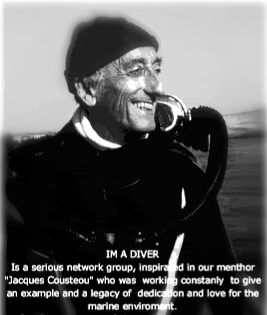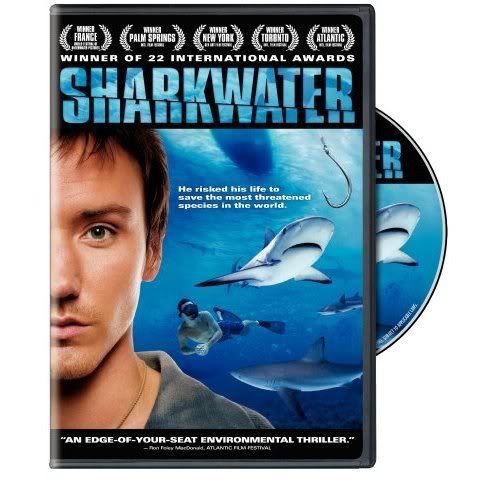Humpbacks may be safe for a year: IWC
Japan is expected to agree to suspend hunting humpback whales for at least another year, the head of the International Whaling Commission (IWC) says.IWC chair Bill Hogarth said he had convinced the Japanese not to include humpbacks in their scientific whaling program until at least 2009.
Dr Hogarth said allowing the Japanese fleet to include the species in its quota would have further split an already deeply-divided IWC.
"I think Japan ... will honour that until 2009 or get to the point when we do make bargains or don't make bargains," Dr Hogarth said on ABC Radio.
Japan had planned to include 50 humpbacks in last summer's hunt but backed down after strong condemnation from the global community.
Australian Environment Minister Peter Garrett, who has arrived in Chile for the IWC meeting, plans to present a proposal to have the commission focus on the conservation of whales through non-lethal scientific research.
"What I will be emphasising is Australia's clear views on opposing the killing of whales in the Southern Ocean in the name of science and advocating a well researched proposal to modernise the IWC by introducing conservation management plans for whales, developing collaborative research partnerships and bringing about an end to so-called scientific whaling,"Mr Garrett said the federal government would not compromise over the killing of whales for commercial or scientific purposes.
- "Australia hasn't come to the whaling commission to compromise at all," Mr Garrett said.
- "We are absolutely strongly of the view that we do not want to see the commercial exploitation of whale populations ... This commission needs to concentrate on the science of conservation, not on the science of killing whales, and that is the view we are taking to this meeting this week."
Mr Garrett said that in order to resolve these issues the IWC must be reformed into a legitimate scientific body.
- "Australia comes to this IWC with the clearest of views and that is we need to reform an organisation which has not been able to satisfactorily resolve any of these issues in the past," he said.
- "All that's happened is that we've had a sequence of arguments and acrimony and failed process.
- "If we're serious about the whaling commission being a body that resolves these issues then it needs to be based in legitimate, grounded and agreed science."


